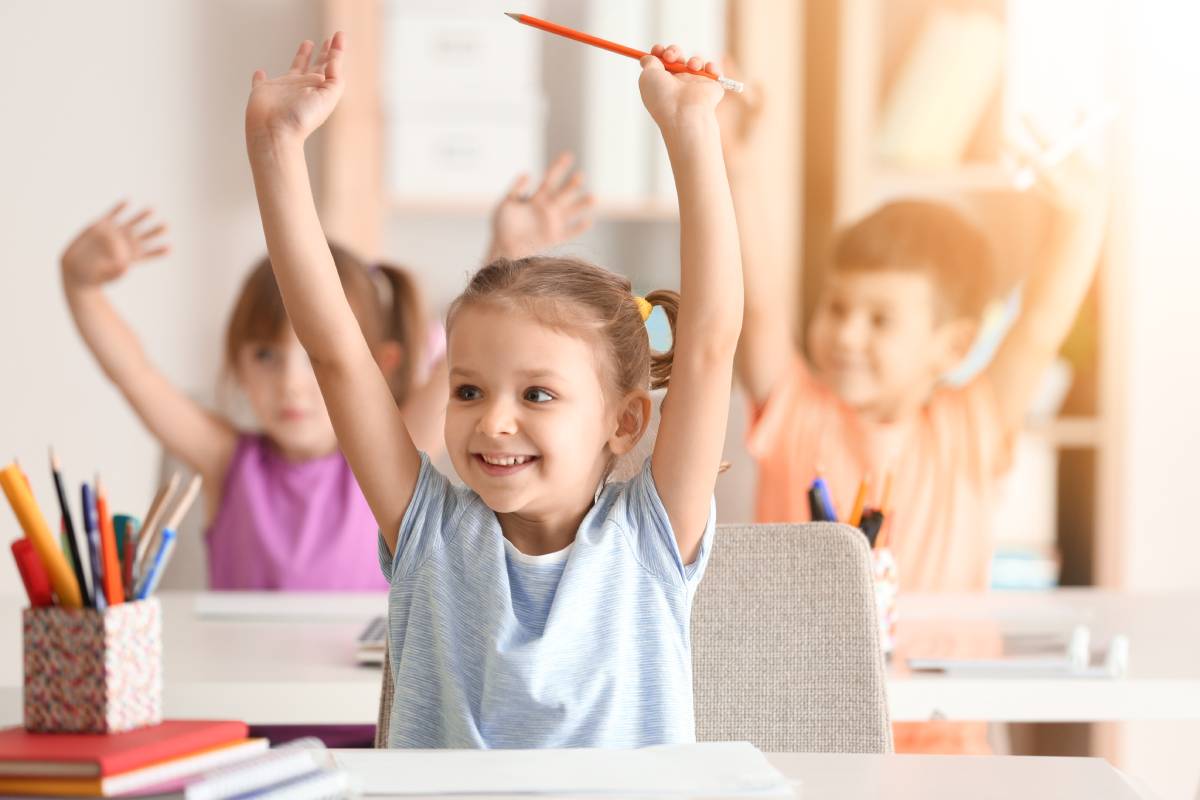Computer Science is something that is heavily influenced by ever-changing technology. Keeping students engaged in this subject area is vital if they are to learn skills such as coding and programming to a sufficient standard.
In this article, we will explore some different ways to improve your computer science curriculum.












